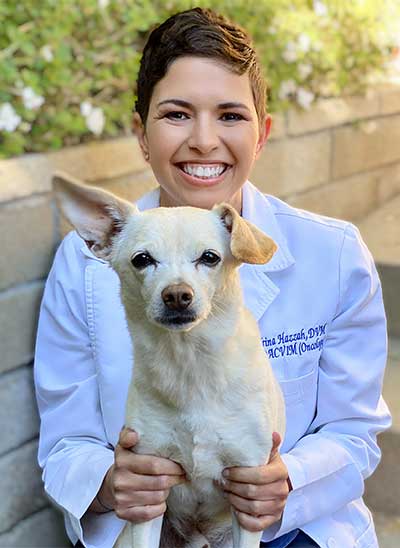Cancer Playbook for Dogs
Treating Your Dog's Cancer Naturally
Natural treatments for dogs with cancer include many options, such as dietary changes, supplements, and plant medicines like cannabis. Some of these treatments can directly kill cancer cells, as well as strengthen a dog’s overall health and enable their immune system to better fight cancer. These approaches can often be used alongside conventional therapies to improve their effectiveness and reduce side effects.
How Cancer Playbook Works
step

Collect patient-reported outcomes (PROs) from cancer patients using FECO.
step

All collected information is secured in our private database to help protect your privacy.
step

A playbook is provided by merging related PROs and research.
Discover

Resources
Blog for Dogs
Cancer Playbook Resources for Dogs

Start Your Dog's Playbook
Take control of your cancer journey with Cancer Playbook. Explore resources, connect with survivors, and find the support you need to thrive.







